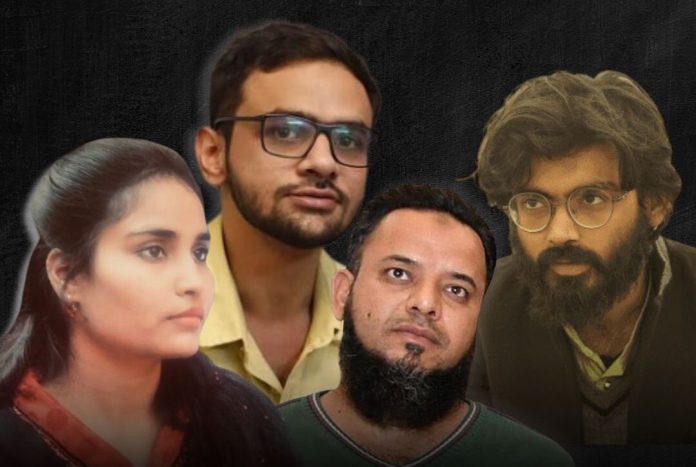Synopsis:Bail is at the center of India’s justice crisis. Delhi High Court rejected bail for Umar Khalid and Sharjeel Imam, exposing how UAPA punishes dissent and undermines democracy.
By Dr. Mohammad Farooque
Bail and the Delhi High Court’s Two-Minute Verdict
Bail, the fundamental safeguard against arbitrary detention, was denied when the Delhi High Court dismissed the pleas of Umar Khalid, Sharjeel Imam, and nine others in less than two minutes. This abrupt dismissal not only undermines individual liberty but also raises doubts about India’s judicial credibility.
Bail and the Five-Year Imprisonment Without Trial
Bail was refused even though Umar Khalid has spent five years in prison without trial since September 14, 2020. Despite five charge sheets, nearly 900 witnesses, and the harshest UAPA provisions, the trial has not started. This proves either the evidence is weak or the intent is punishment before judgment.
Bail, Equality, and Selective Justice
Bail was granted in 2021 to Natasha Narwal, Devangana Kalita, and Asif Iqbal Tanha. Yet, Khalid and Imam were denied the same right under the principle of equality. The inconsistency exposes how justice has become selective and politically motivated.
Bail and the Silencing of Dissent
Bail should be a right guaranteed by the Constitution. Instead, under UAPA, it has become a privilege denied to voices of dissent. This is not just about a few individuals—it is about the future of India’s democracy. When critics of the government are branded as conspirators and denied bail, the judiciary becomes complicit in silencing opposition.
Bail as the Test of Democracy
Bail is no longer a procedural safeguard—it is a litmus test of India’s democratic health. The High Court’s rejection of bail for Khalid and Imam will be remembered not as justice, but as the murder of bail itself—a dark mark on the nation’s constitutional promise.







